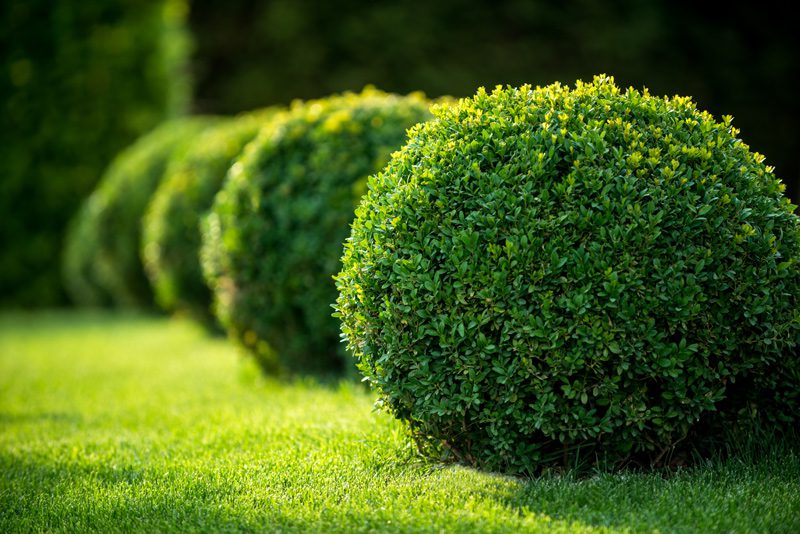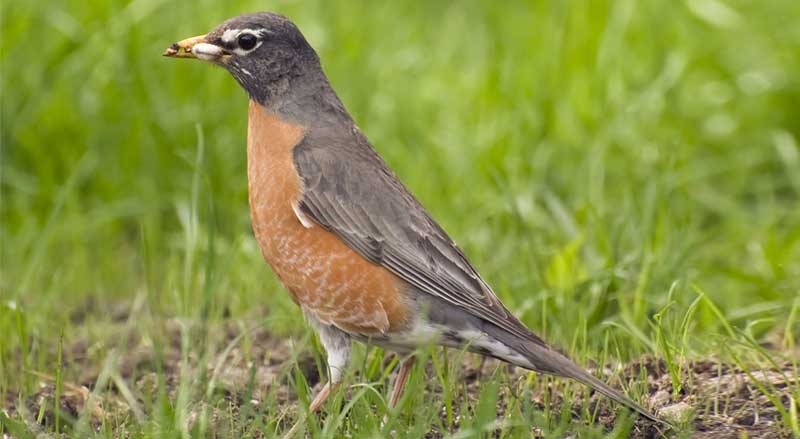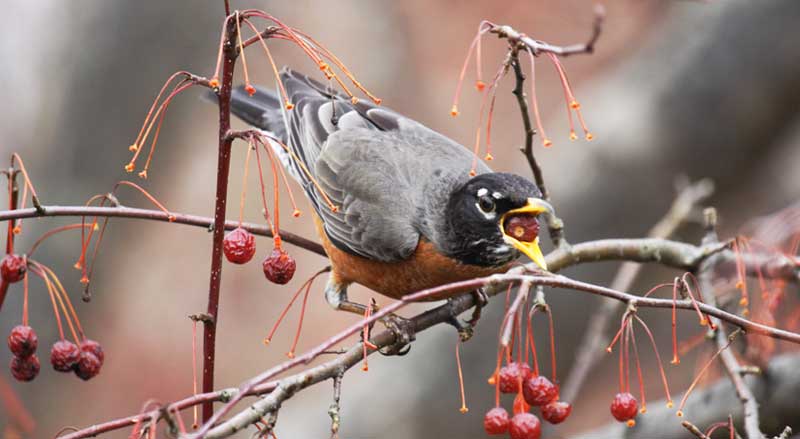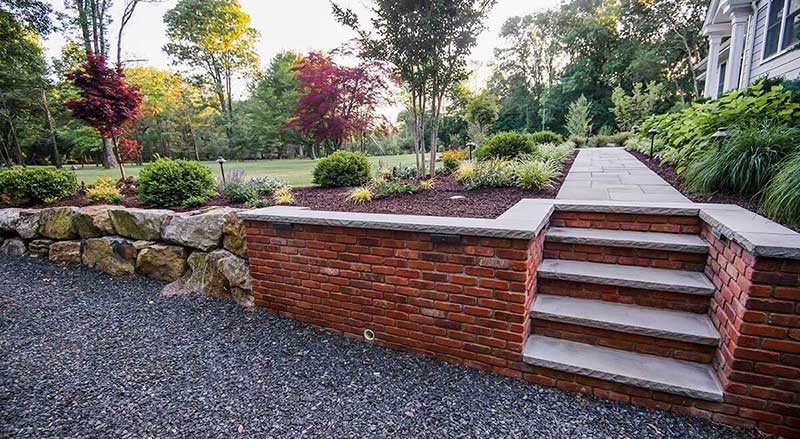Boxwoods are a great way to complete a home garden. However, they are susceptible to disease. This can wreak havoc throughout your landscaping so many people are looking for beautiful boxwood alternatives.
There are many boxwood alternatives to utilize on your property when it comes to hedges and planted focal points. These other options offer a green flare, grow more quickly, and are more disease resistant.
First, About Boxwood Shrubs
The boxwood shrub is perhaps one of the most common and well-known shrubs. It has been loved in gardens and landscapes around the world for thousands of years. The American Boxwood Society even called it “man’s oldest garden ornamental”. Unfortunately, we have been hearing a lot about a disease that plagues the beloved hedges.
What is Boxwood Blight?
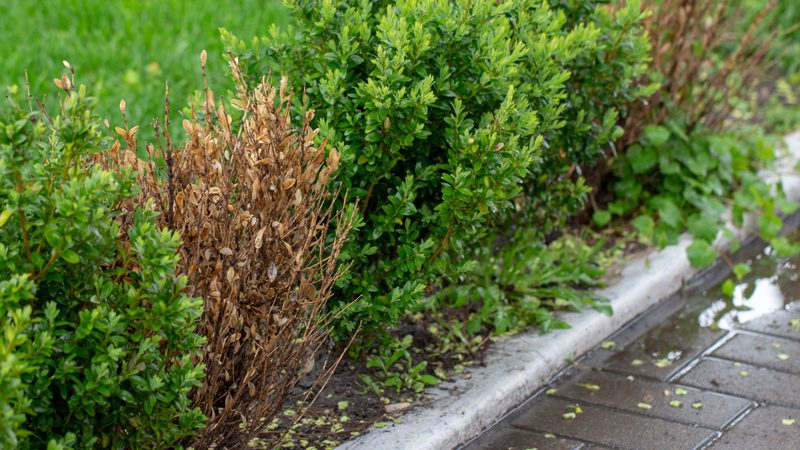
The dreaded boxwood blight is an untreatable fungal infection that has been a problem in Europe for decades. It was first reported in New Jersey in 2013.
Boxwood blight is a fungal disease that can appear on plants with no previous signs or symptoms. It starts with brown discoloration on leaves and white spots of fungus underneath. Once one boxwood in your yard has contracted it, the likelihood of the disease spreading is high. This is because boxwood blight can spread through irrigation, making prevention near impossible.
Boxwood Alternatives
Boxwood blight has become so widespread that many people are looking for alternative plants (Create a vibrant, & easy-to-care-for landscape is by using, native NJ plants & trees) to use in their landscape. The following plants are similar in style or function but are not susceptible to blight:
Inkberry Holly (Ilex glabra)
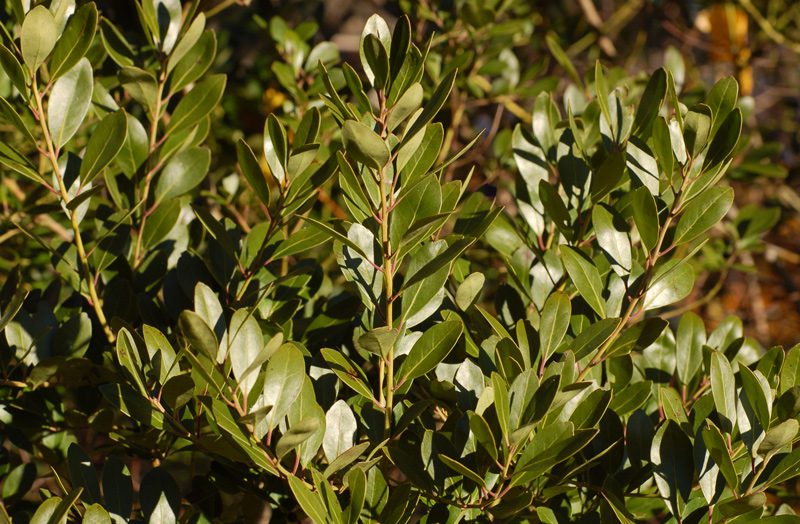
If you want to replicate the look of boxwood shrubs, you will love inkberry holly. This plant has similar leaves to a boxwood. It also resembles boxwood growth habits and shaping ability.
Inkberry holly is deer resistant and evergreen, just like boxwood, but is not susceptible to fungal blight. It grows faster than boxwood, so that lush privacy hedge will take less time to fill in!
This shrub is native to the Northeast parts of the United States. This means it’s perfect for New Jersey weather. One thing to consider, though, is that these shrubs do prefer a wetter, more acidic site than boxwoods do.
Japanese Holly (Ilex crenata)
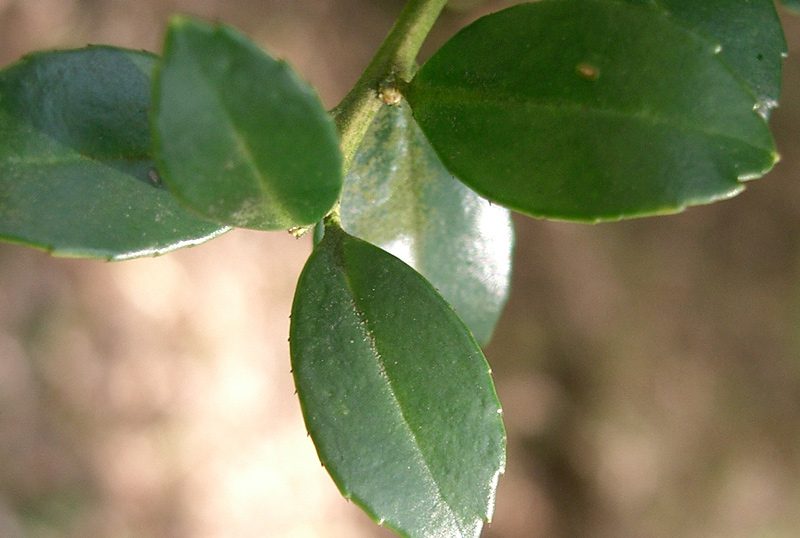
Another evergreen, boxwood look-alike, is Japanese holly. This hedge grows tall and requires minimal pruning. ‘Sky Pencil’ and ‘Patti O’ are both columnar varieties. They are great replacements for the taller boxwoods.
Japanese holly makes a beautiful, narrow hedge or a formal frame for any entryway. If you prefer a rounded shape, consider choosing the ‘Green Luster’ variety or try ‘Soft Touch’ for a unique texture.
Eastern Arborvitae (Thuja occidentalis)
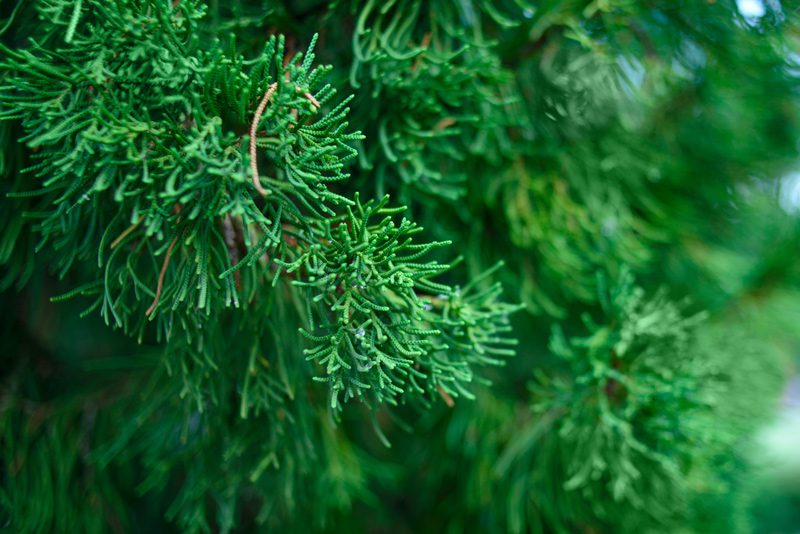
There are also coniferous options if you don’t have your heart set on boxwood style of leaves. Evergreen and deer resistant, Eastern arborvitae is another sturdy northeastern native. It also has low maintenance and an upright, columnar growth habit.
Try ‘Green Giant’ for an expansive hedge, or ‘North Pole’ for something a little smaller.
Juniper
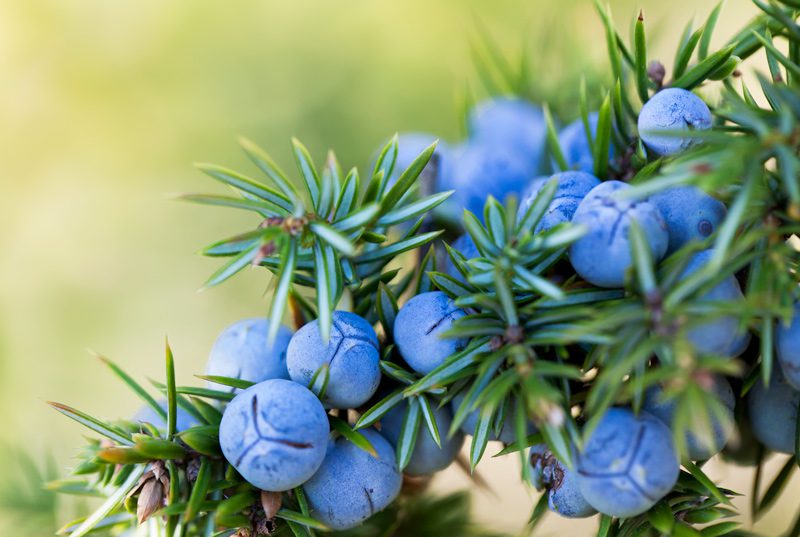
Juniper is a very common shrub in North America, Europe, and Southwest Asia. It belongs to the pine family. Depending on the species, juniper grows anywhere from 6 to 25 feet tall. ‘Blue Point’ and ‘Moonglow’ are two nice columnar options.
Think outside the Box(wood)
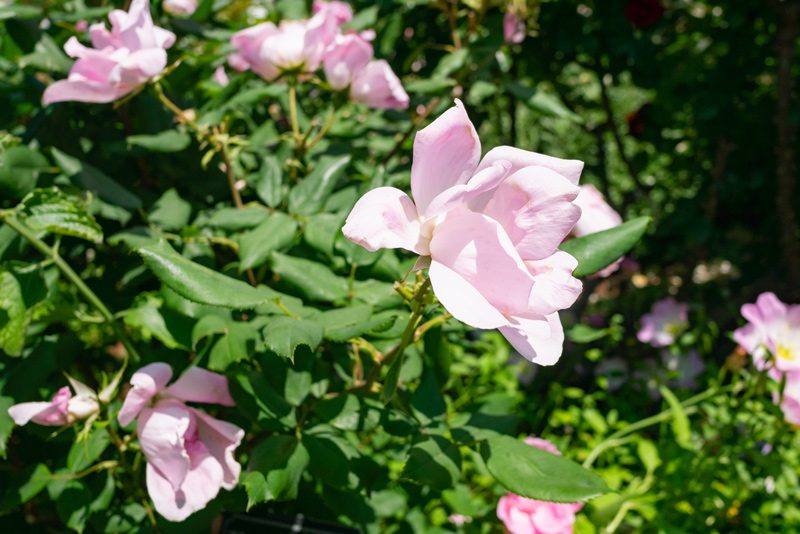
Open to something non-traditional? How about a hedge of ‘Knockout Roses’, tall grasses, or blueberry bushes? Or try a flowering shrub-like ‘Common Ninebark’ (native) or rhododendron.
There are lots of options when it comes to boxwood alternatives. Contact us for more information about keeping your landscape beautiful and healthy.

